
About Andrew Cusack
 Writer, web designer, etc.; born in New York; educated in Argentina, Scotland, and South Africa; now based in London.
Writer, web designer, etc.; born in New York; educated in Argentina, Scotland, and South Africa; now based in London. read more
News
Blogs
Reviews & Periodicals
Arts & Design
World
France
Mitteleuropa
Knickerbockers
Argentina
The Levant
Africa
Cape of Good Hope
Netherlands
Scandinavia
Québec
India
Muscovy
Germany
Academica
Sibiu/Hermannstadt
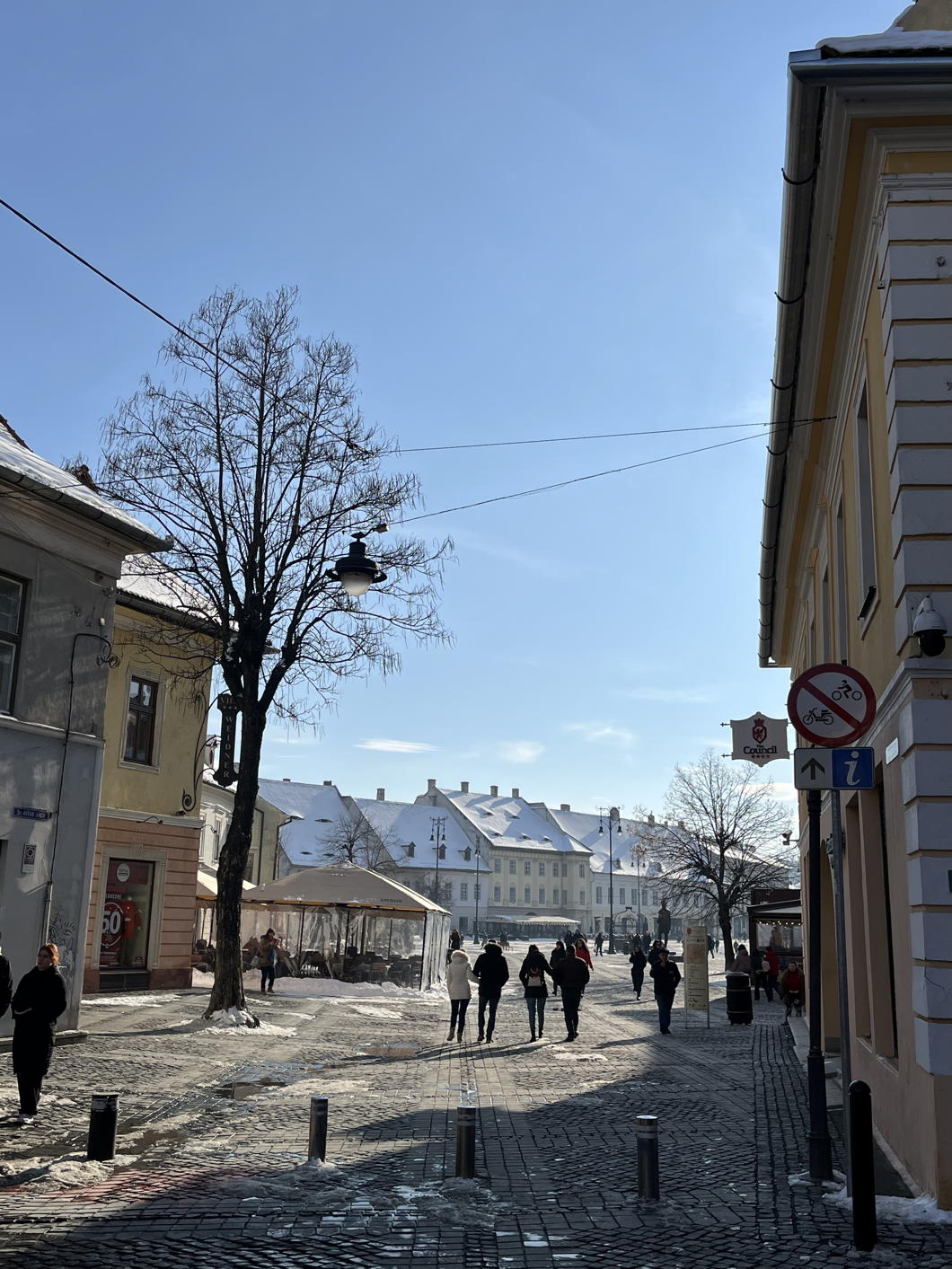
SIBIU’s name comes from a Bulgar-Turkic root word meaning “rejoice”, and having spent a few days in the city I can see why. It is handsome, clean, and clearly well looked after — perhaps well loved is the better term.
Unsurprisingly, the mayor partly responsible for this state of affairs was much vaunted for his efforts, to the extent that the Romanians elected him president of the entire country (and this despite him being an ethnic German).
As in all of Transylvania, there is a long history of mixture here, and while the past hundred years have seen a massive collapse in the Hungarian, German, and Jewish populations, many of them persevere all the same, sometimes even flourishing.
Hungarians are the largest and most visible minority in Transylvania — once the dominant people of this province of the Crown of St Stephen — but here in Sibiu they play second-fiddle to the Germans.
Arriving in the Church of the Holy Trinity in the great square for the Hungarian Mass on Sunday, the congregation at the Mass in German preceding it was still filtering away and clearly is the main event of the parish.
The Germans — or Saxons as they are often known — are today under two per cent of the city’s population but, as elsewhere, the Teutonic reputation for competence and efficiency means that a great many ethnic Romanians vote for the Germans’ party, the Democratic Forum of Germans in Romania.
When mayor Klaus Iohannis was elected to the Romanian presidency, he was succeeded as mayor by another member of the German community, the rather elegant Astrid Fodor.
But what of the ethnic Romanians that today make up ninety-five per cent of Sibiu’s townfolk? They are anything but ethnic chauvinists, and seem keen to preserve the traditions of the city and the province, and especially to highlight Sibiu’s distinctiveness. Those I had the pleasure of interacting with were effortlessly warm, courteous, and inviting. Their language is alluringly if mistakenly familiar.
Curiously, the Grand Duchy of Luxembourg maintains a consulate here in Sibiu / Hermannstadt with the ostensible excuse that the former German dialect of the town is a close relative of Luxemburgish. The connection bore fruit when Sibiu and Luxembourg City shared the honour of being European City of Culture in 2007.
It was around that time that Forbes magazine rated Sibiu as the seventh most idyllic place to live in Europe — ahead of Rome and just behind Budapest. While such ratings are always arbitrary, I can’t help but share their desire to praise this felicitous city.
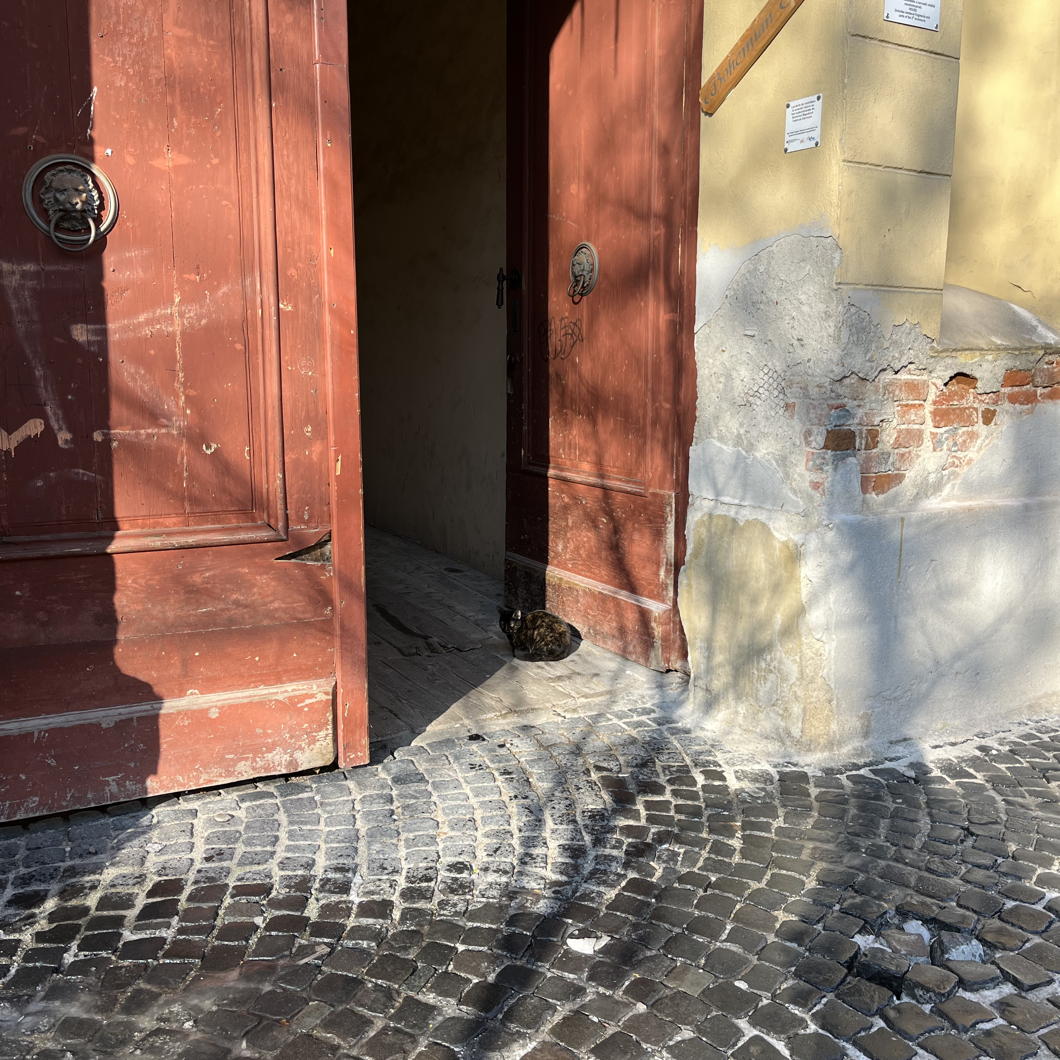
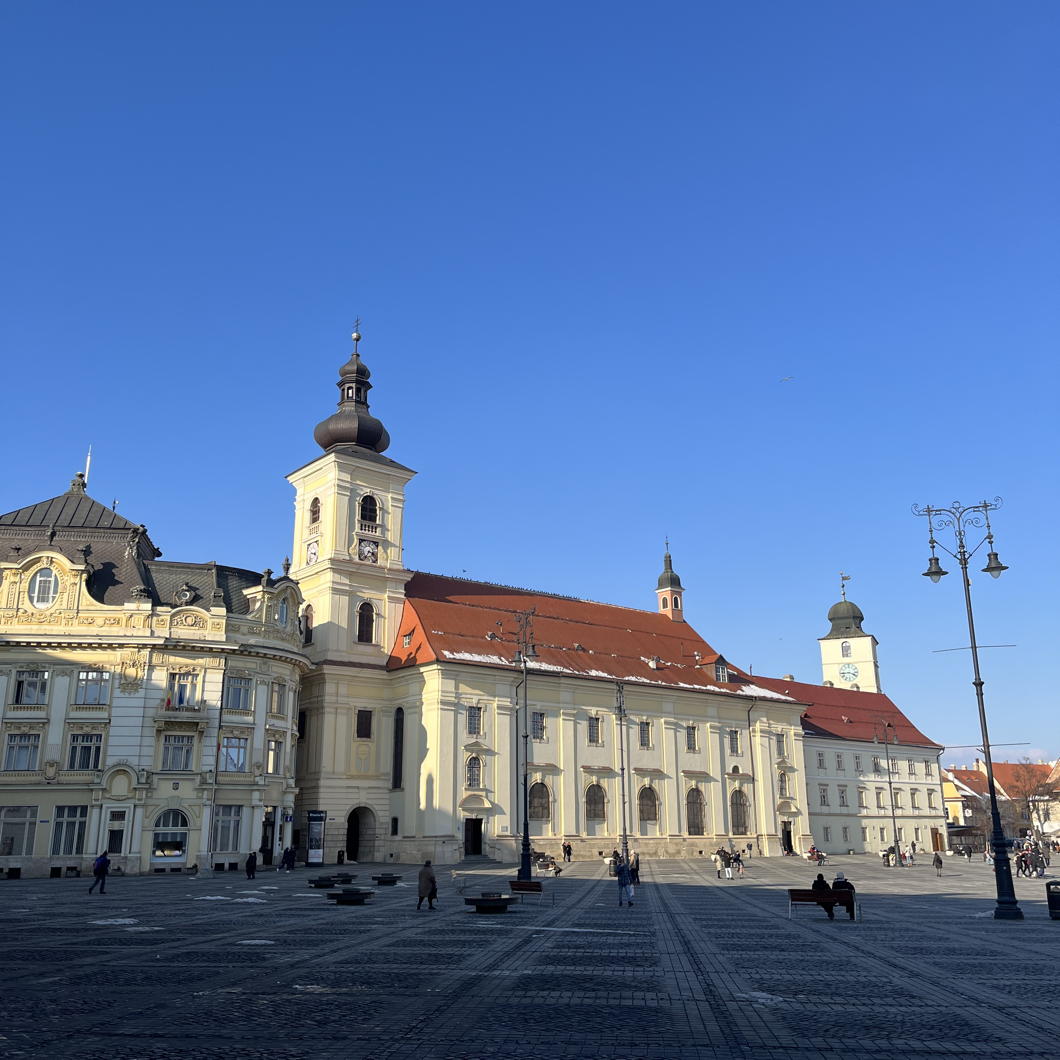
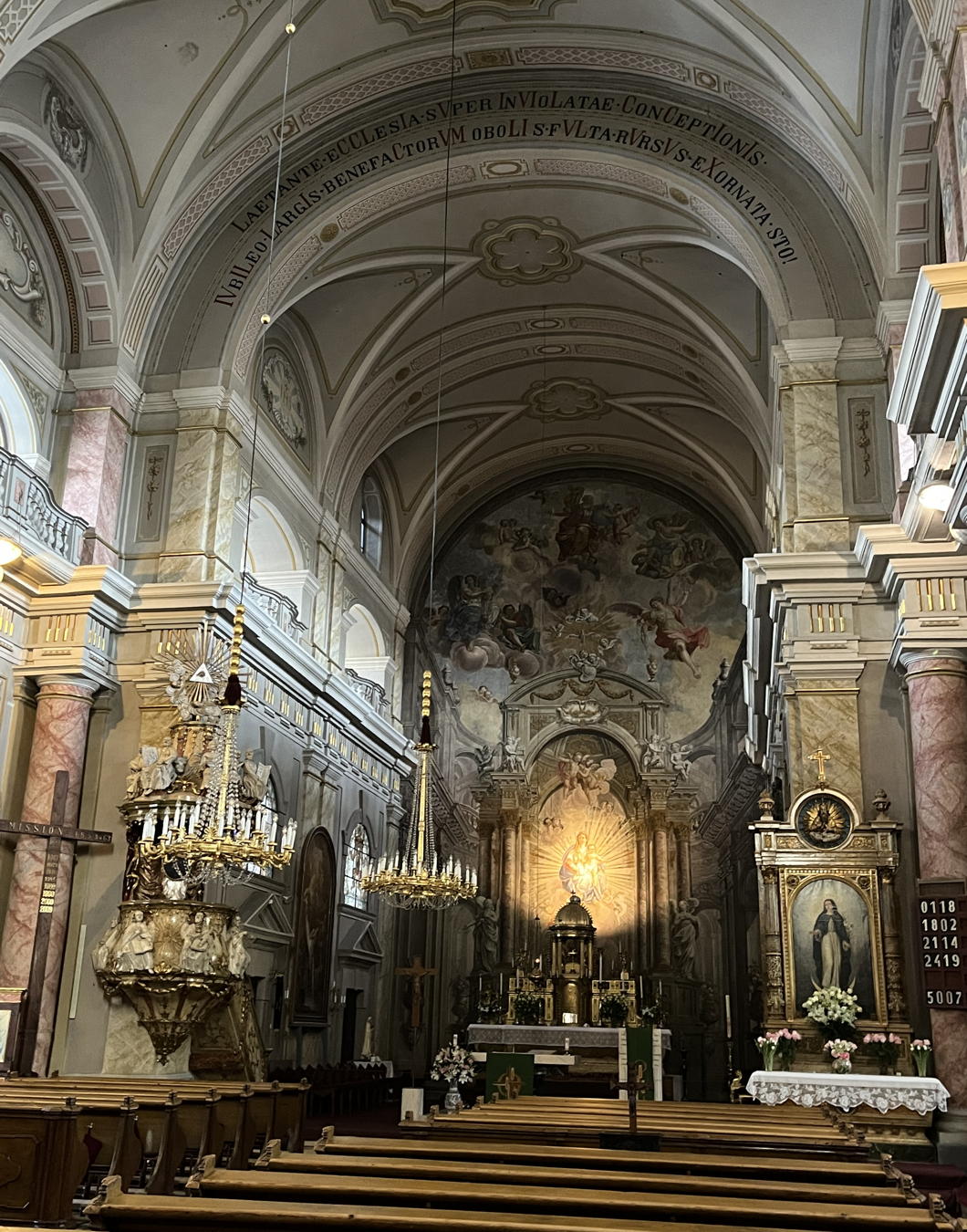
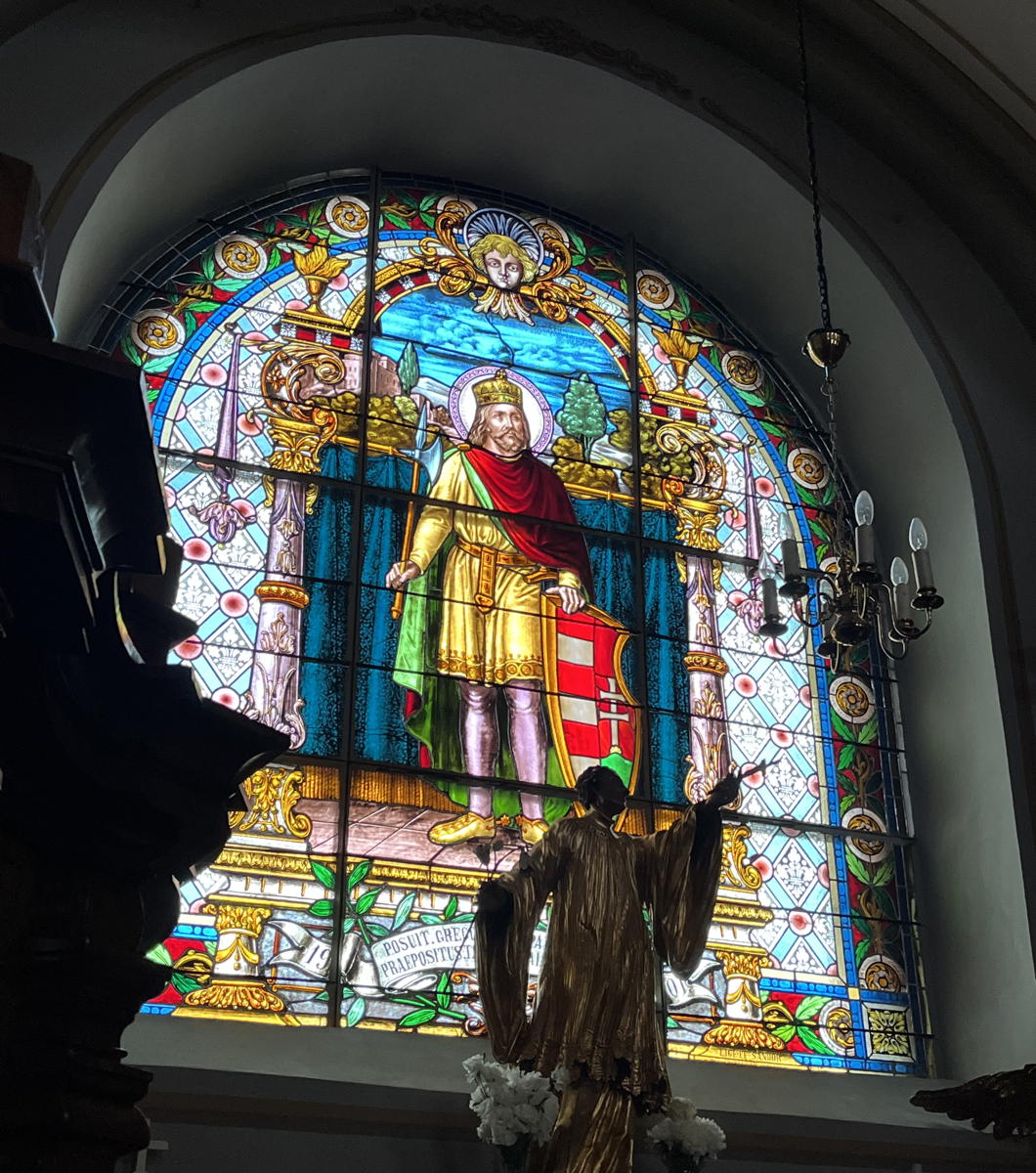
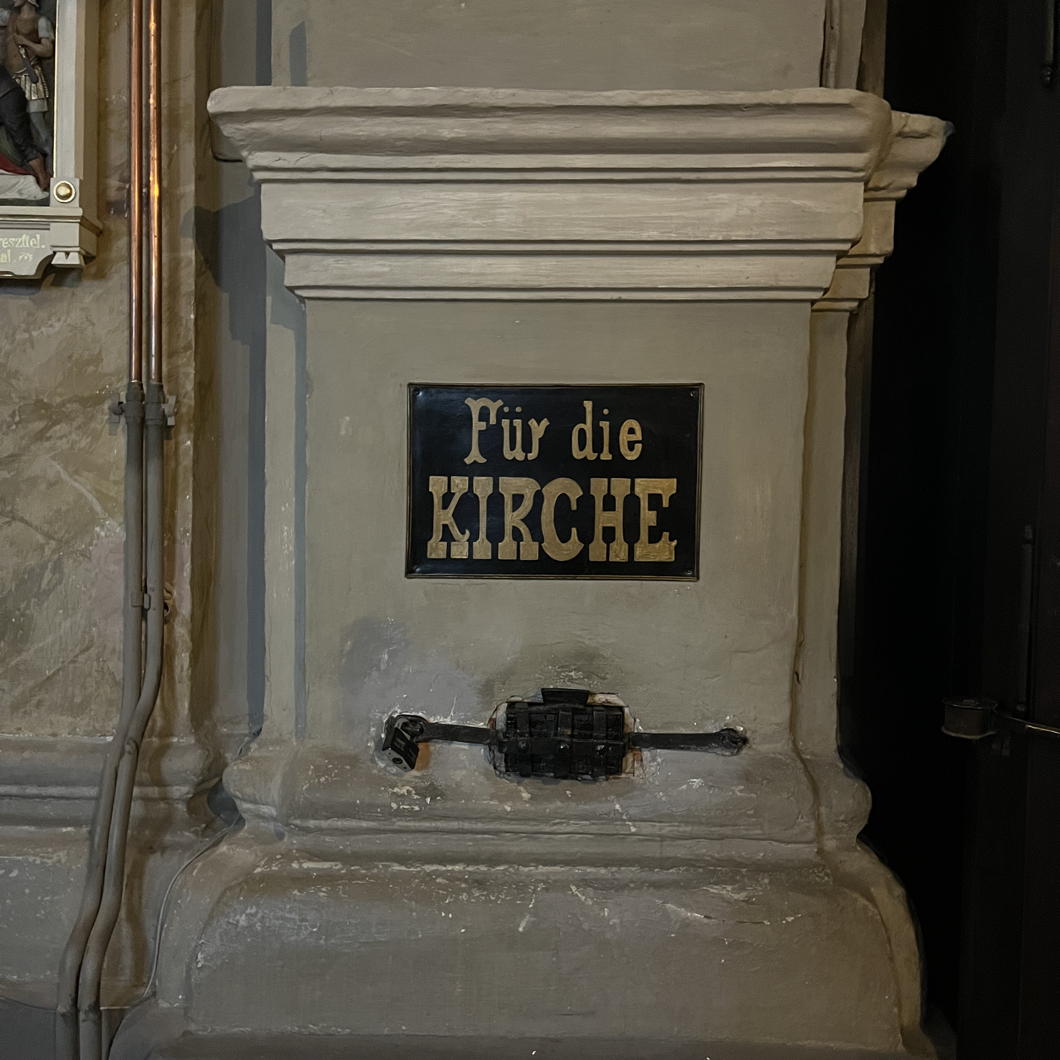
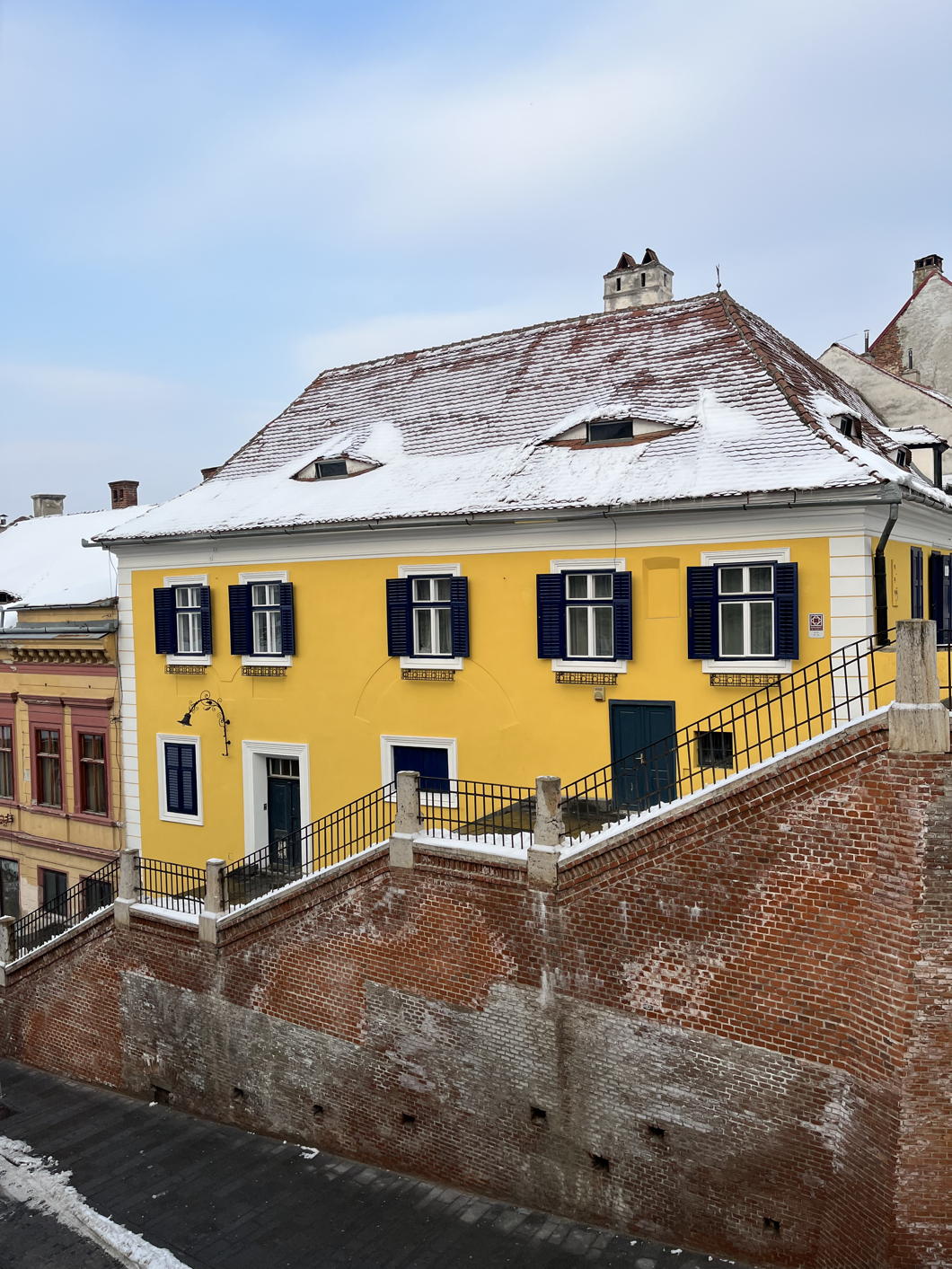
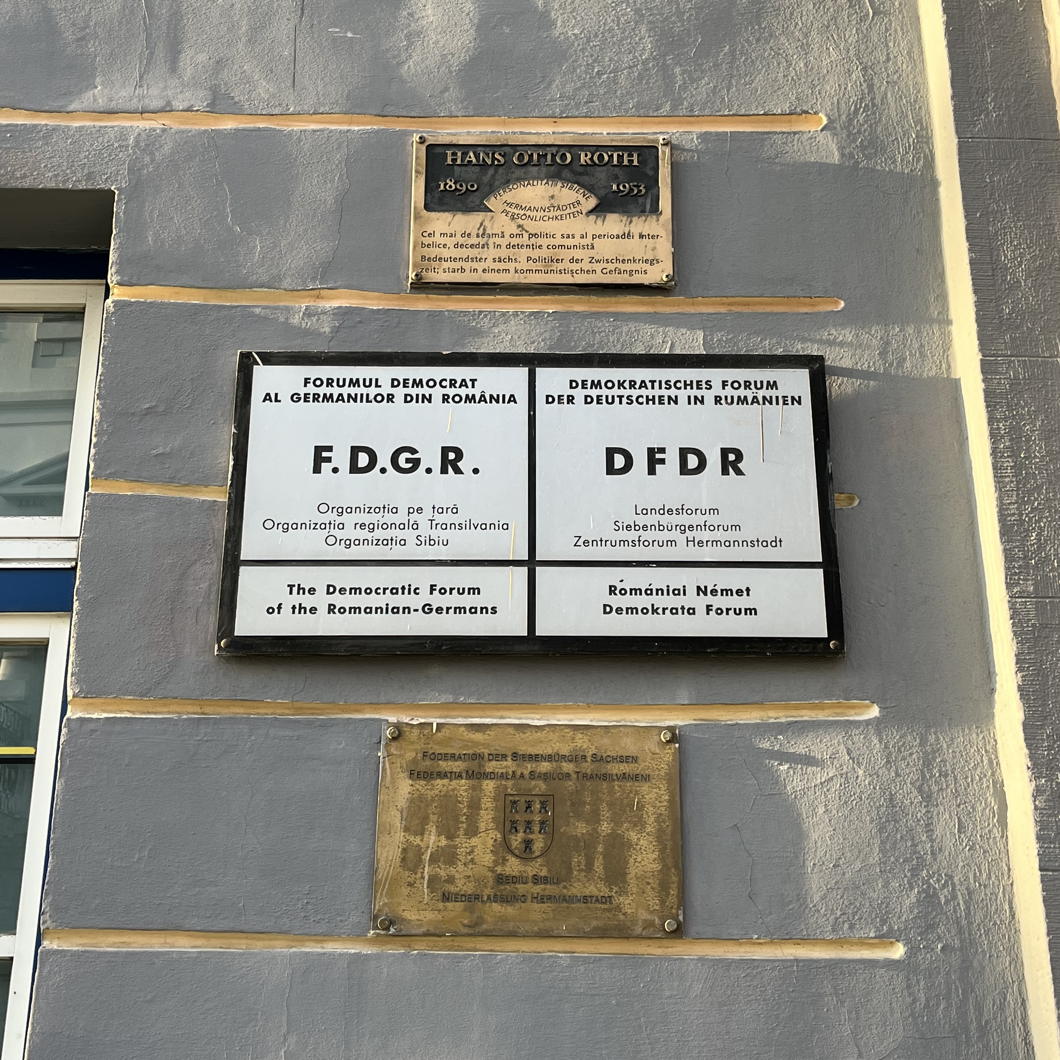
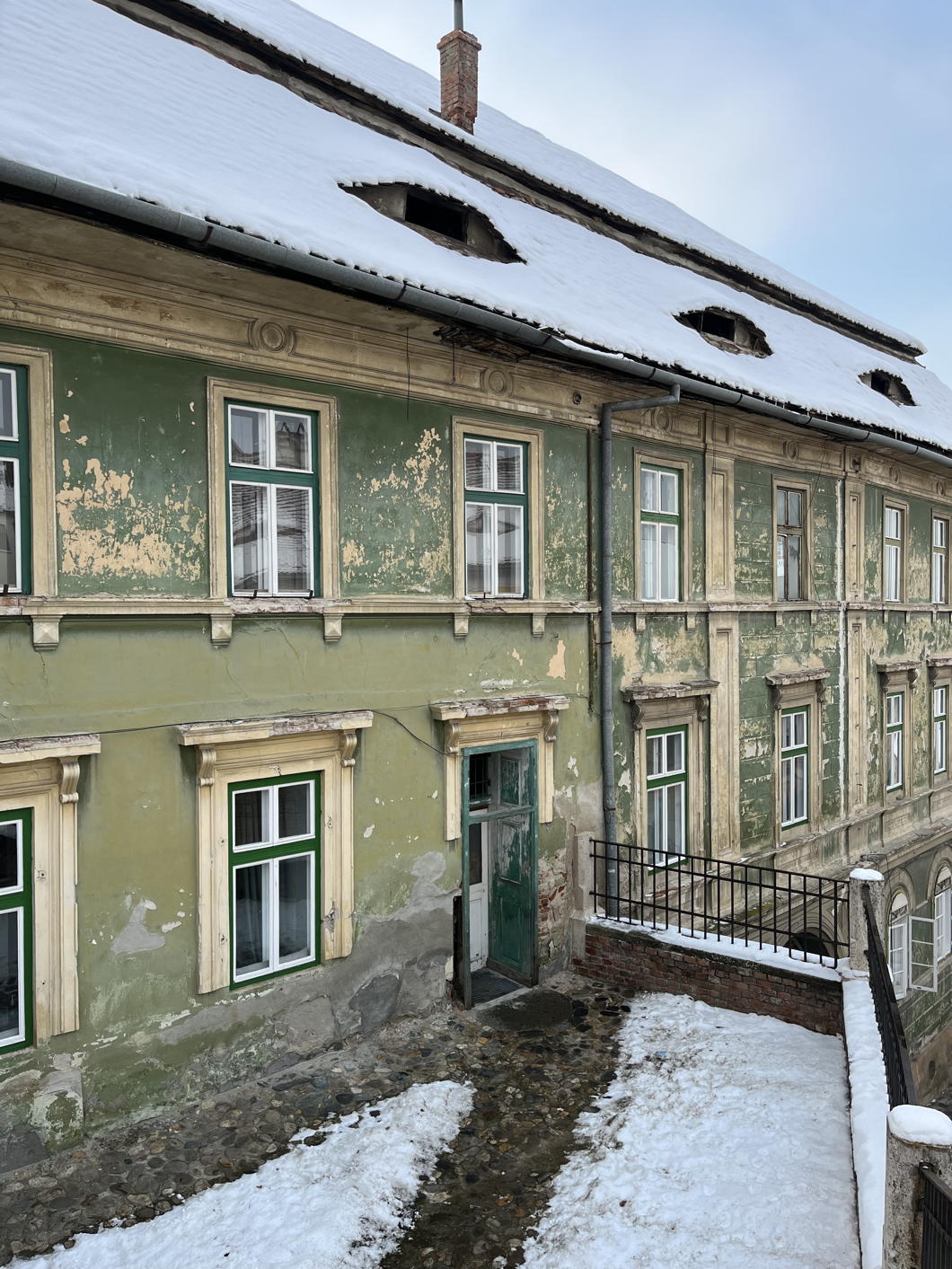
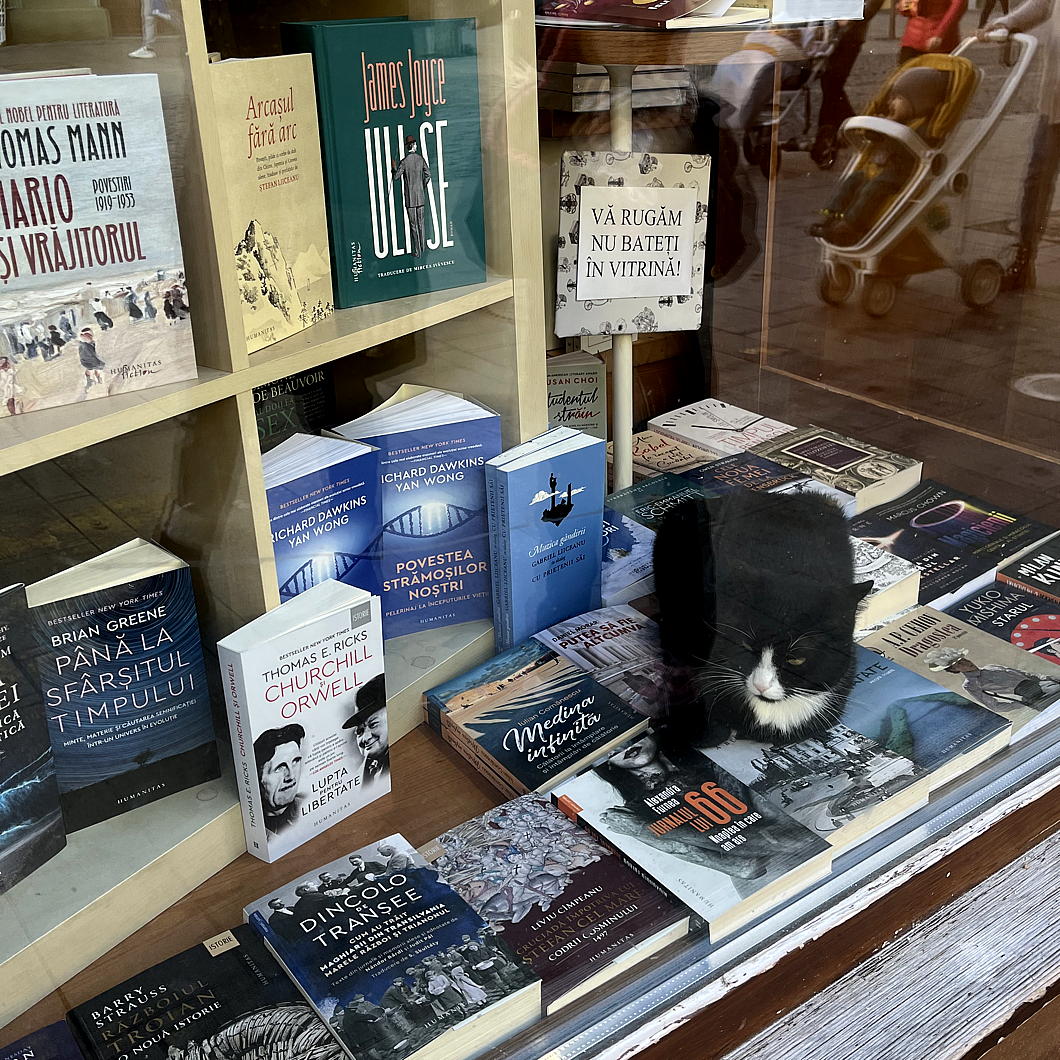
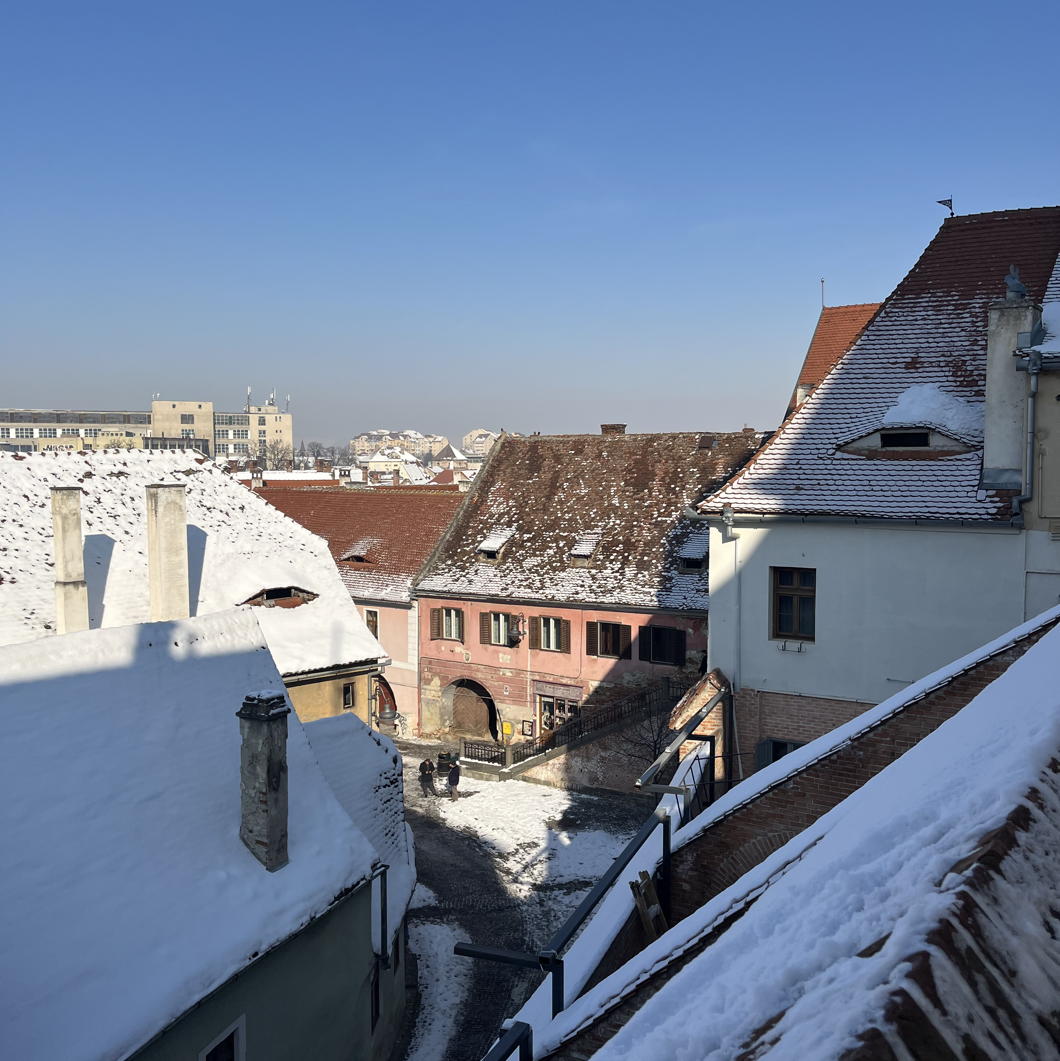
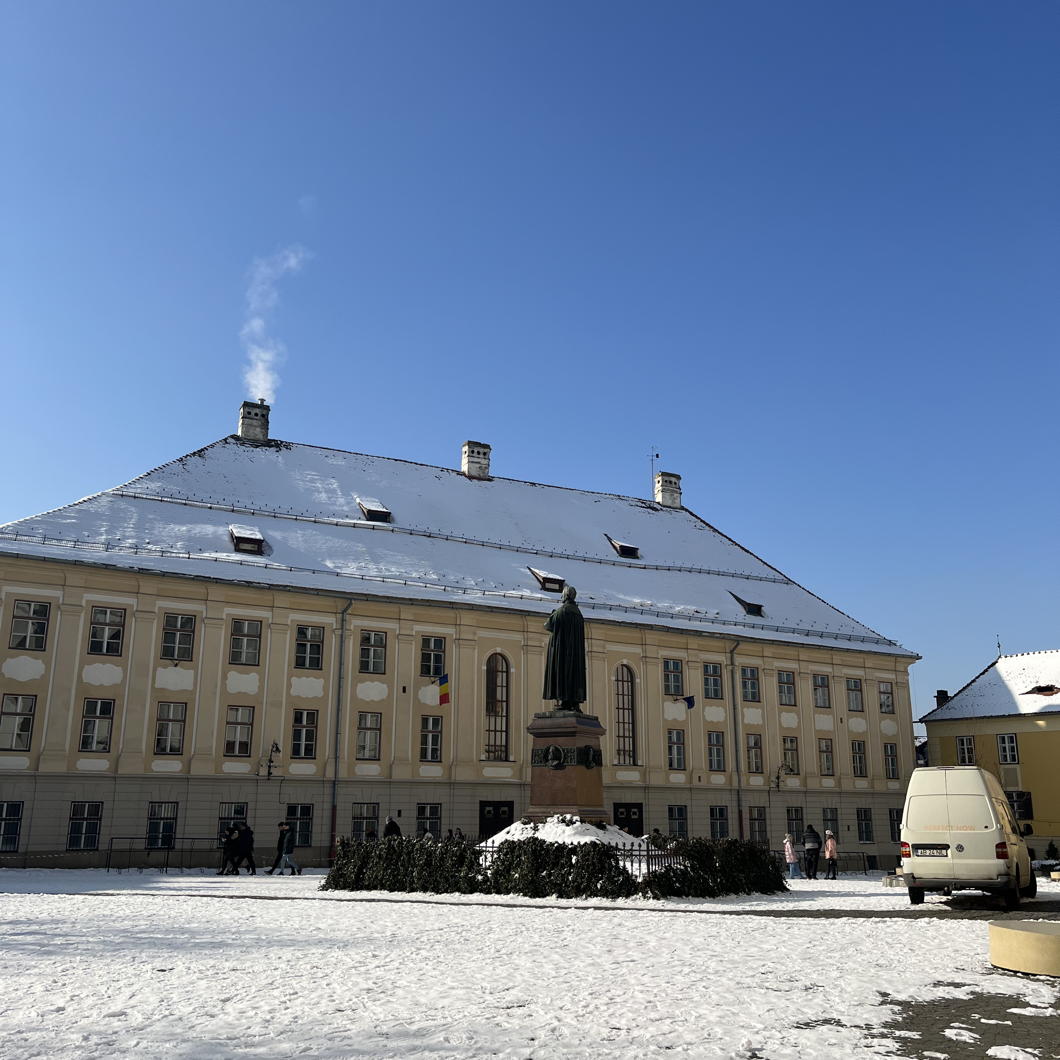
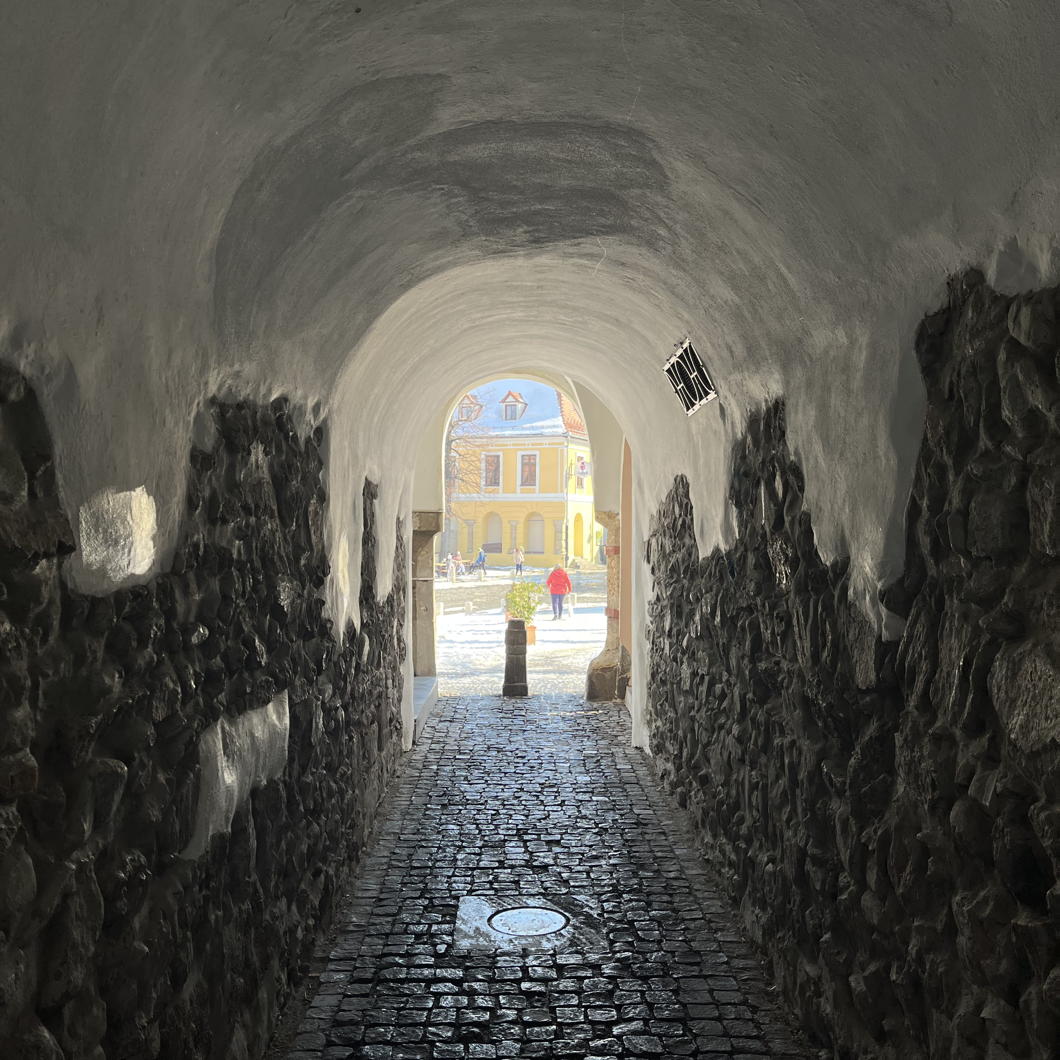
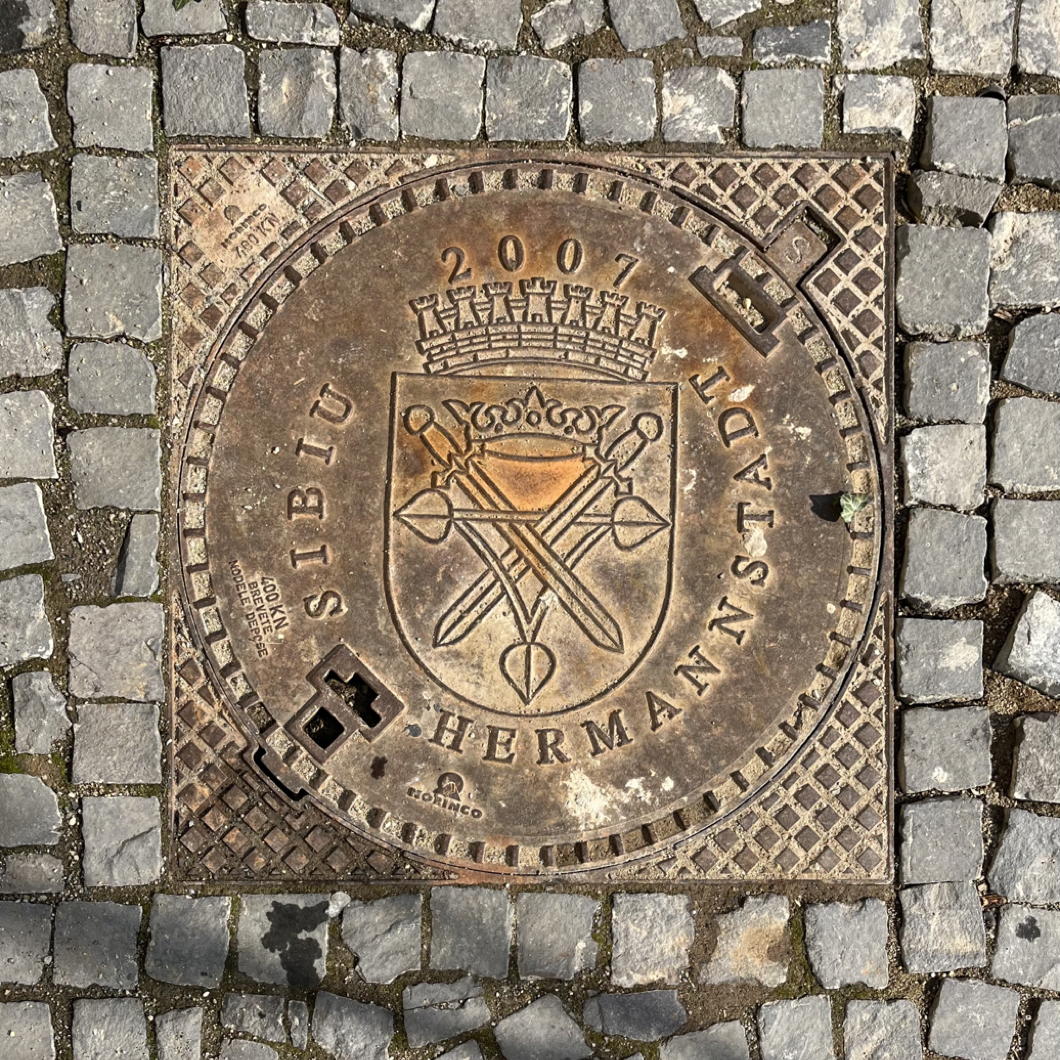
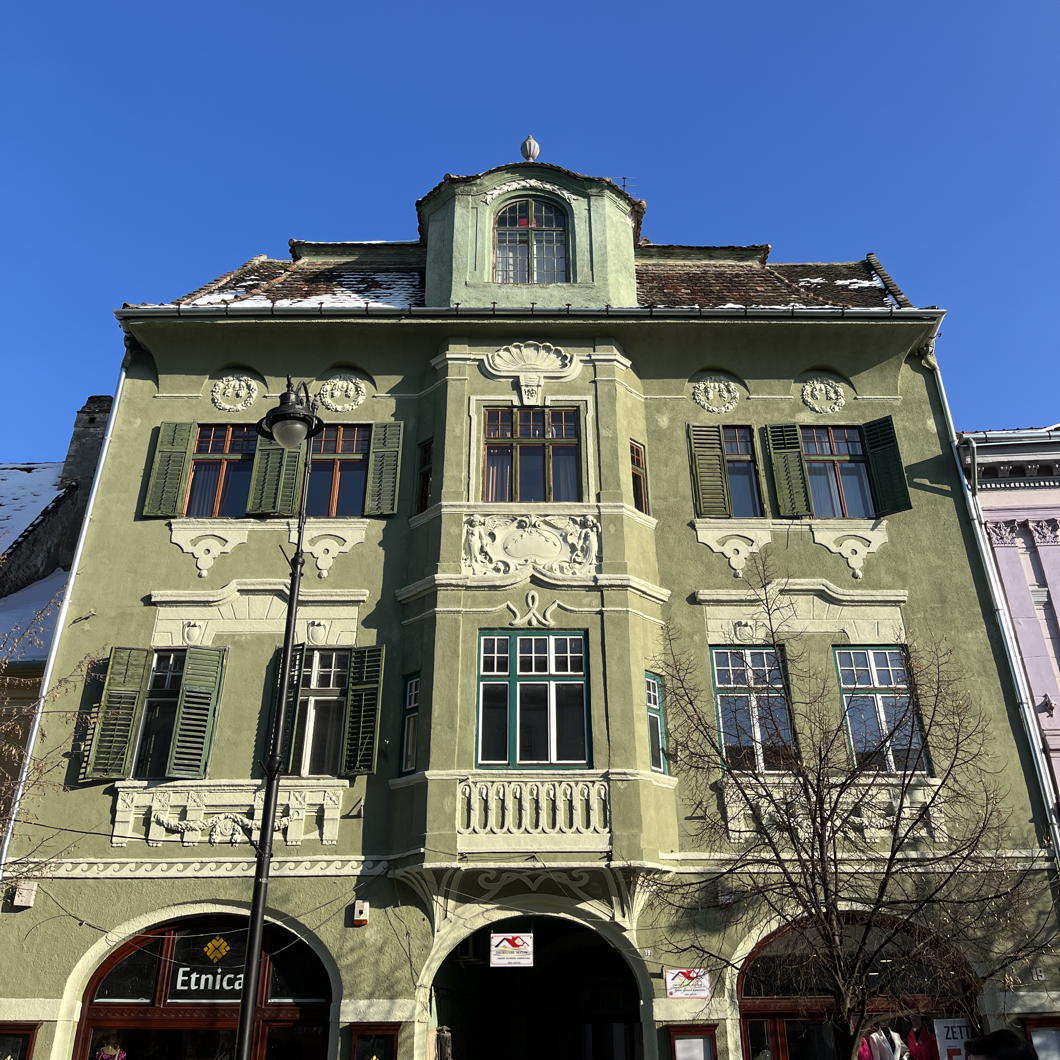
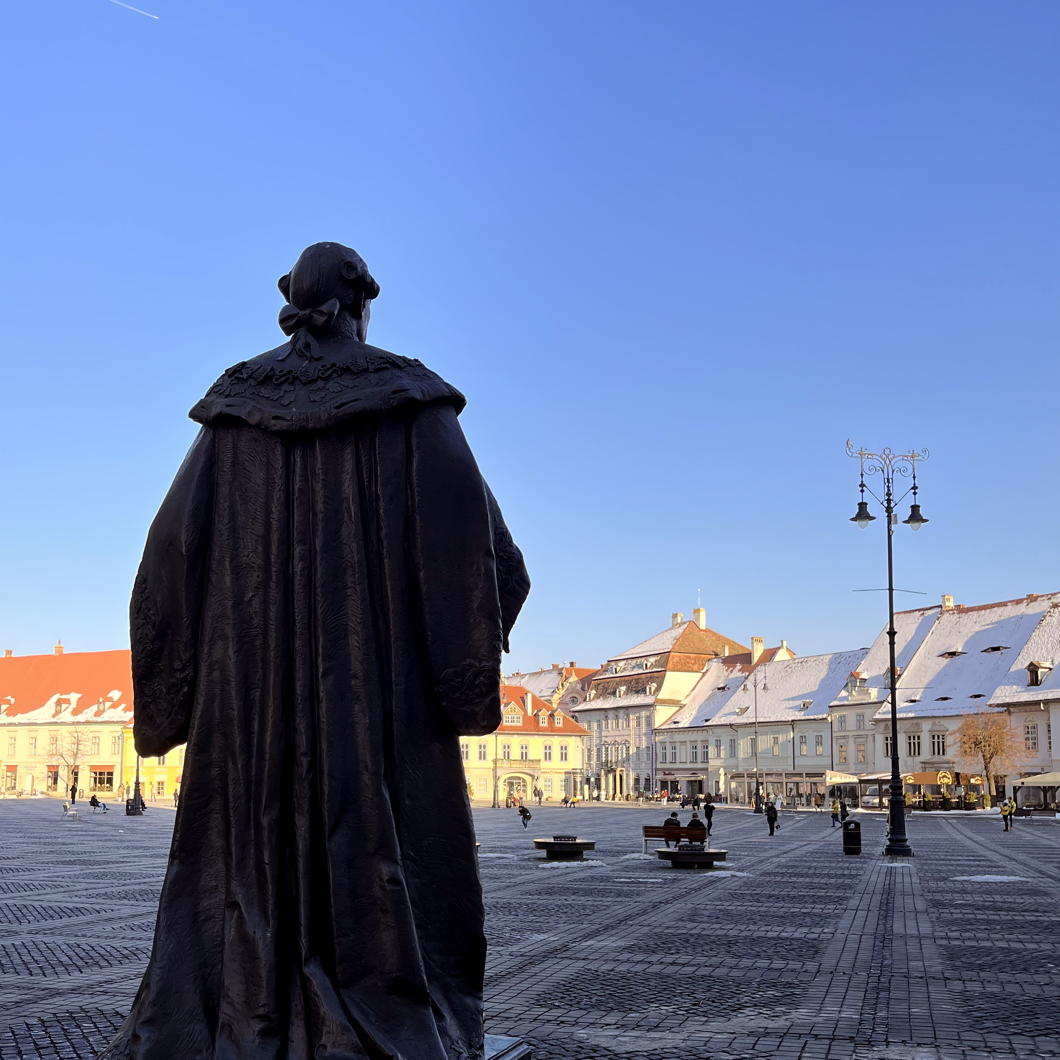
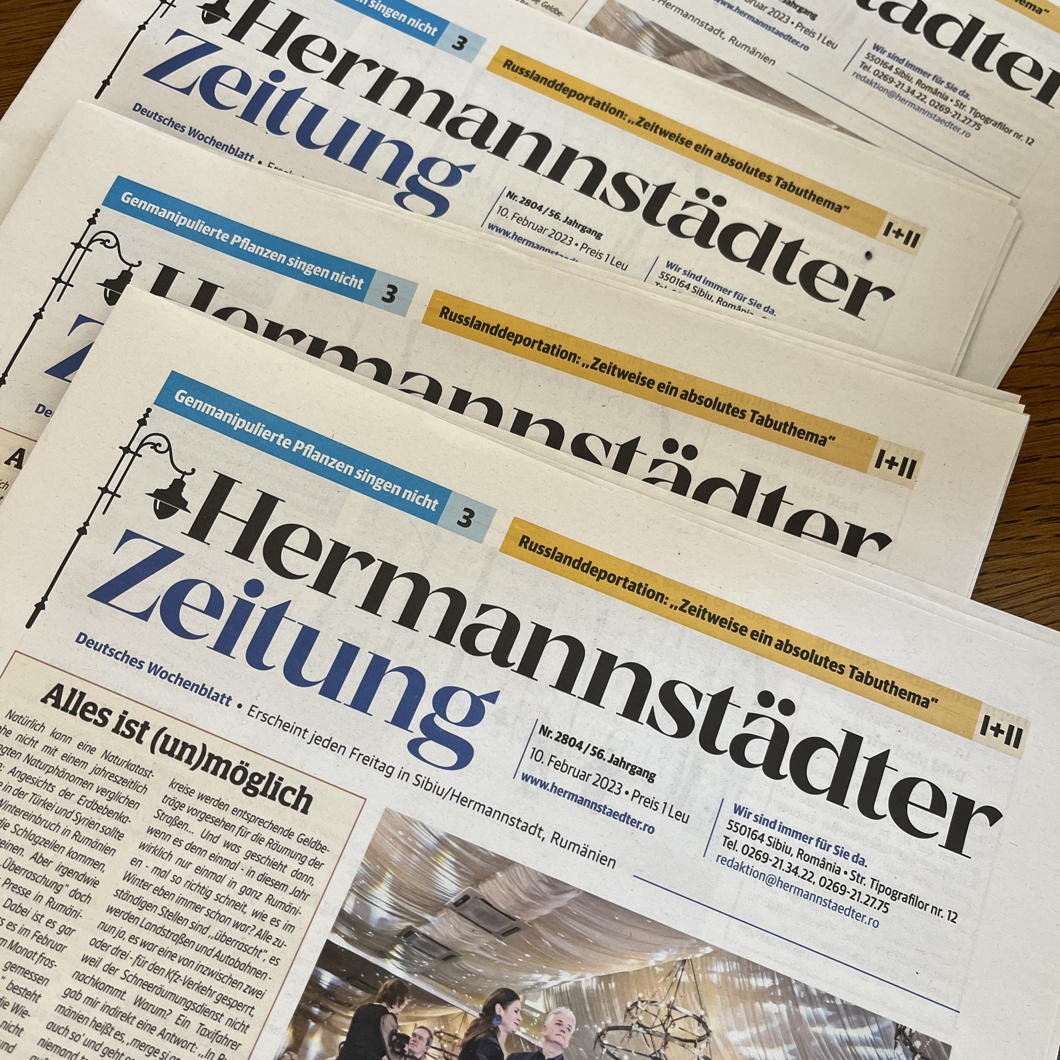
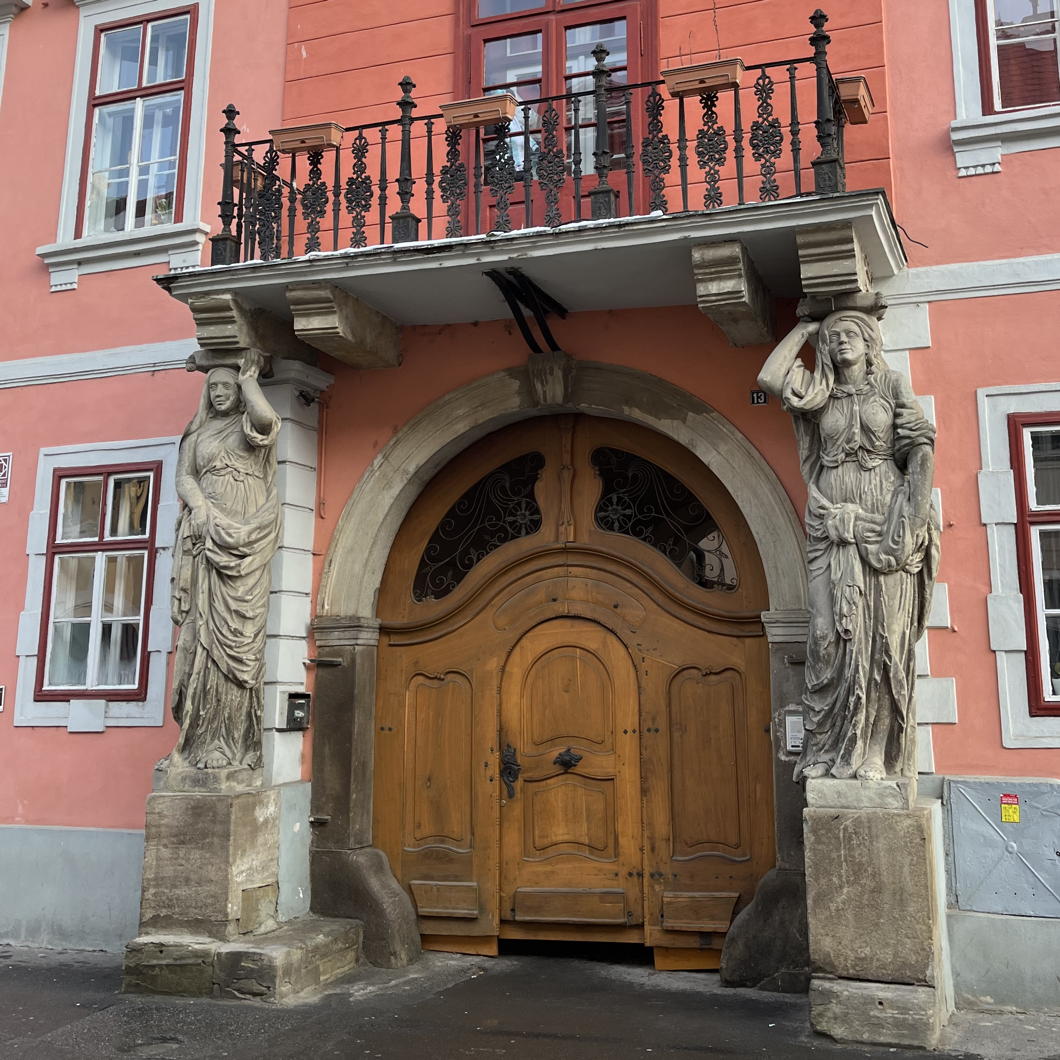
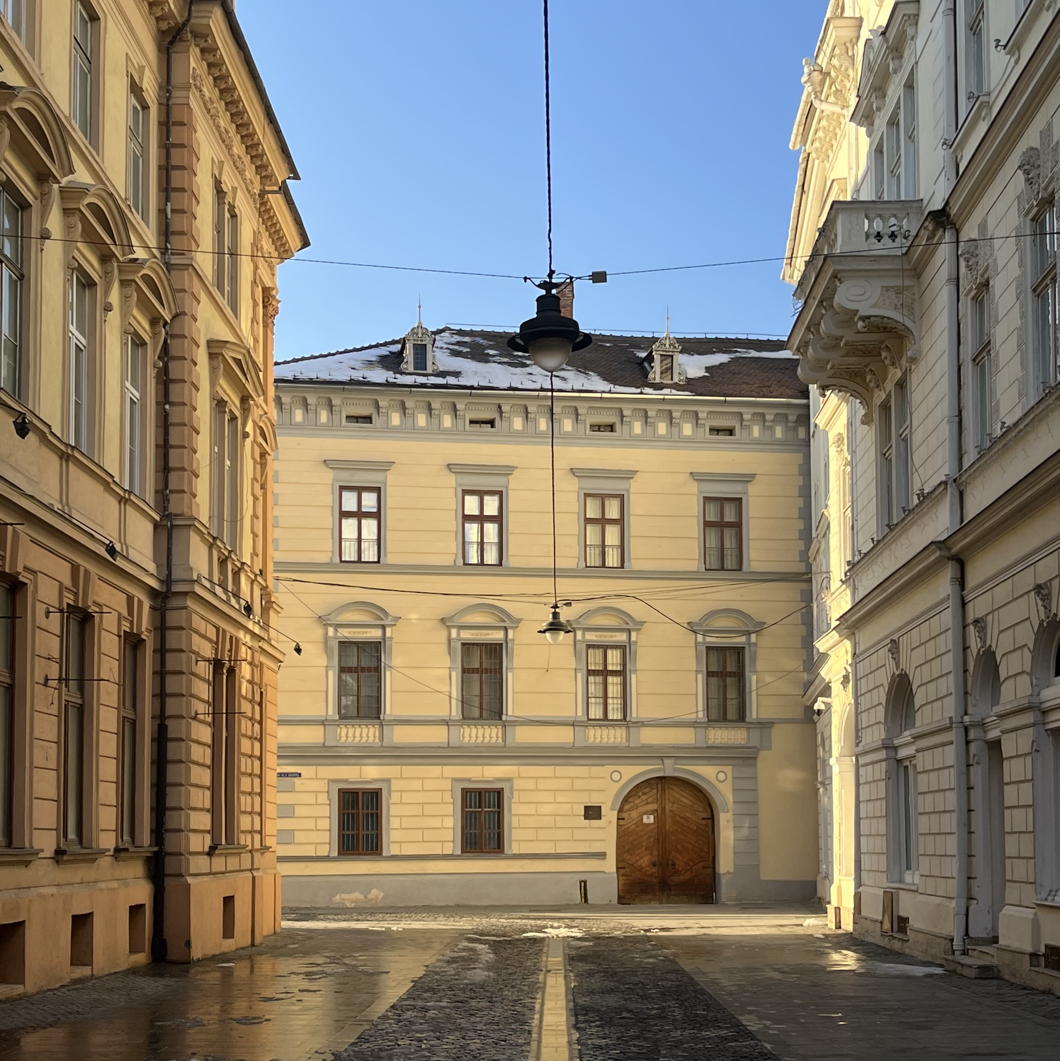
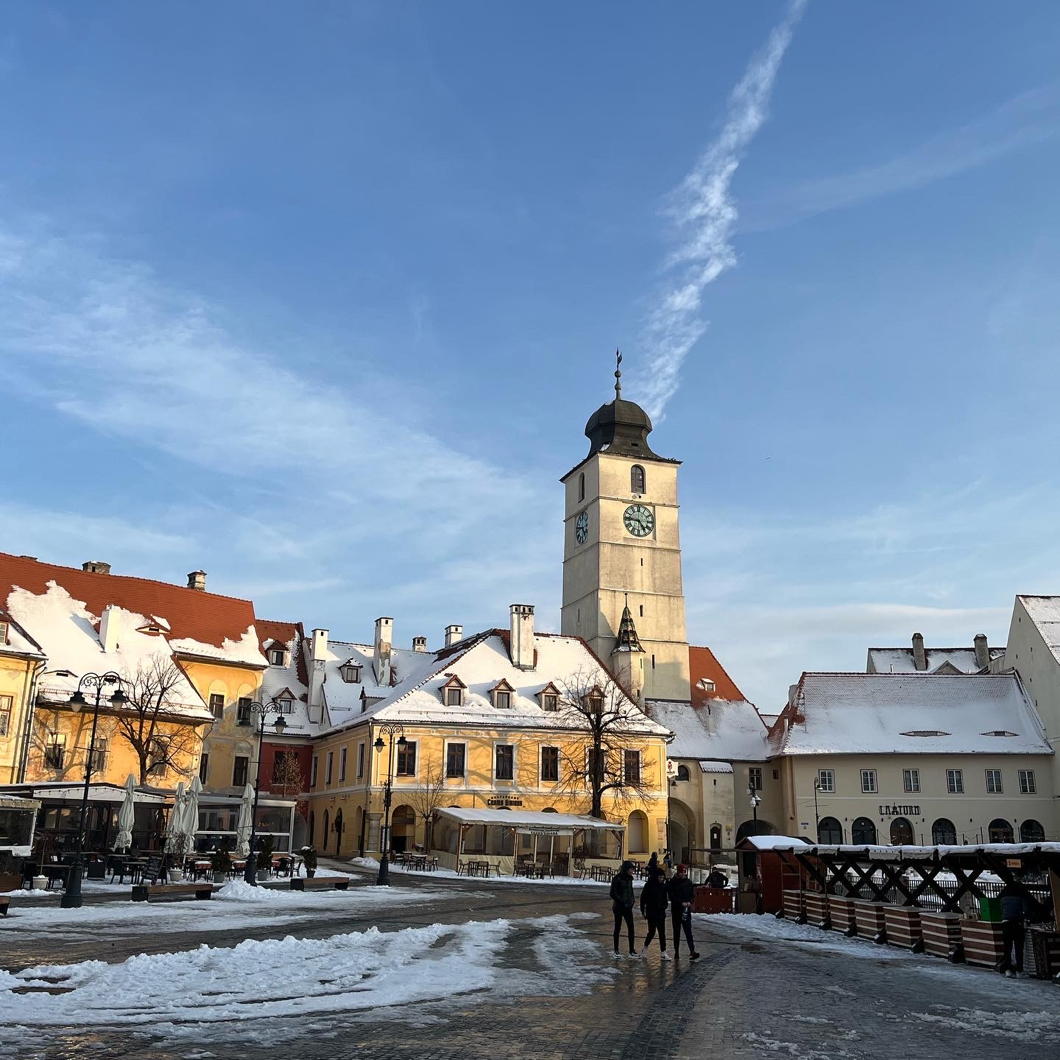
Search
Instagram: @andcusack
Click here for my Instagram photos.Most Recent Posts
- Sag Harbor Cinema March 26, 2025
- Teutonic Takeover March 10, 2025
- Katalin Bánffy-Jelen, R.I.P. March 3, 2025
- Substack Cusackiensis March 3, 2025
- In the Courts of the Lord February 13, 2025
Most Recent Comments
Book Wishlist
Monthly Archives
Categories


